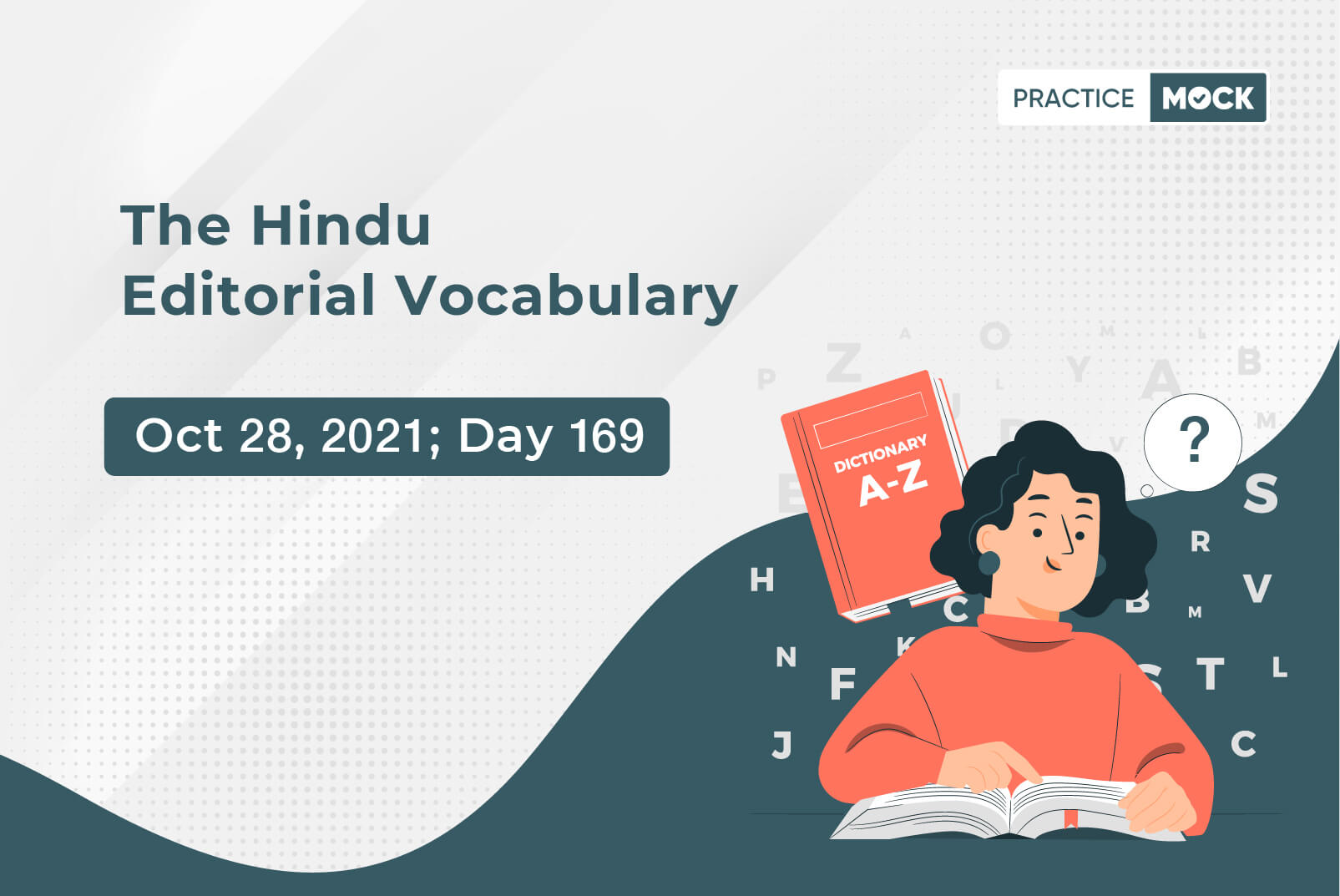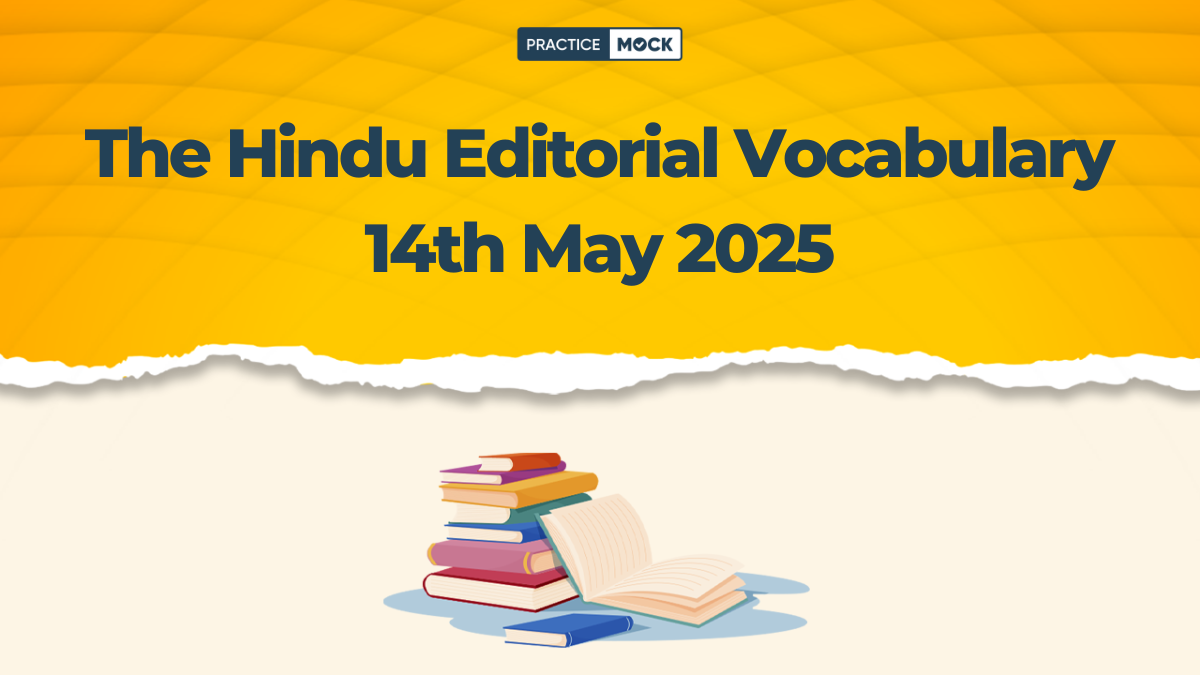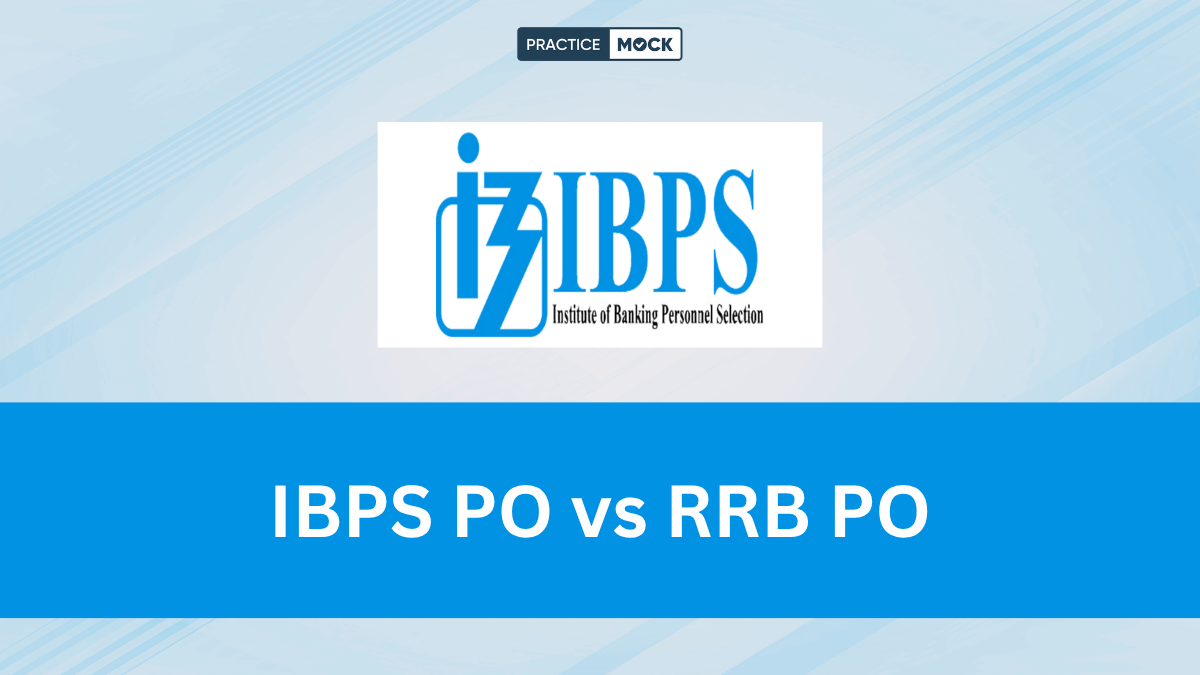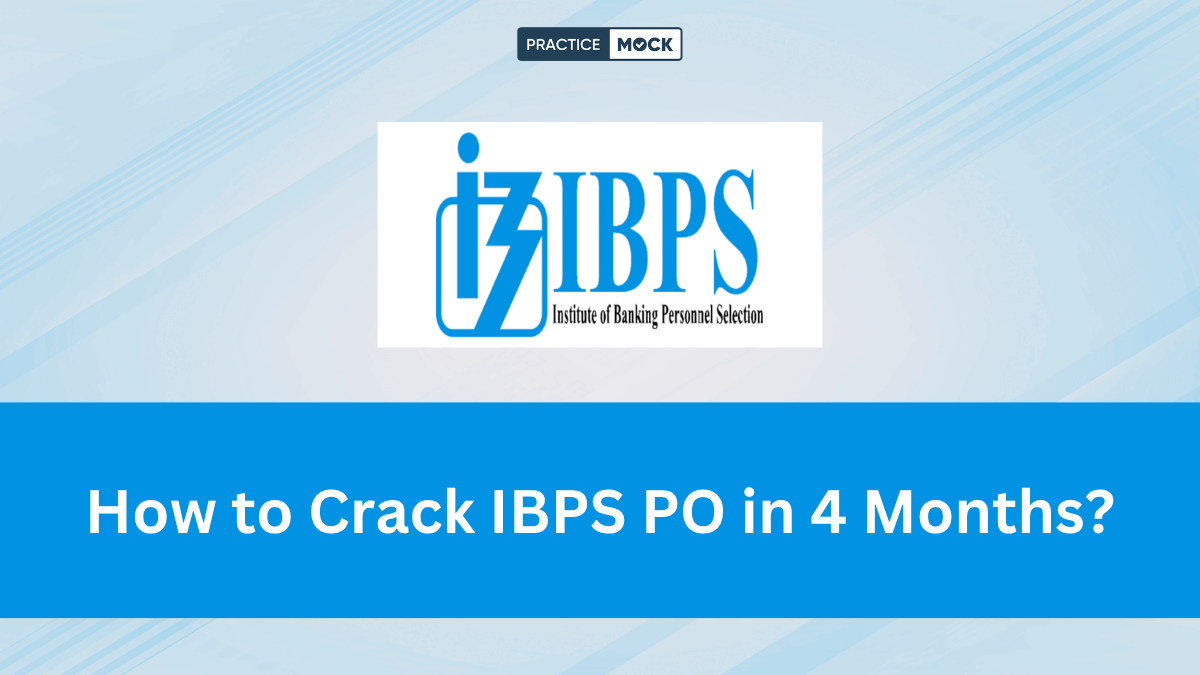

| Difficult Word/ Phrase | Contextual Sense |
| Surveillance | Close observation of a person or group (usually by the police) |
| Stern | Severe and unremitting in making demands |
| Rebuff | A deliberate discourteous act (usually as an expression of anger or disapproval) |
| Bogey | something that causes fear, often without reason |
| Brazen out | to continue in a confident way without showing shame or embarrassment |
| Blanket | affecting everyone or everything |
| Enunciation | the act of saying or pronouncing words clearly |
| Omnibus | of, relating to, or providing for many things at once |
| Spectre | the idea of something unpleasant that might happen in the future |
| Chilling effect | a discouraging or deterring effect, esp. one resulting from a restrictive law or regulation |


A credible probe: On Supreme Court verdict on Pegasus row
The Centre must fully cooperate with the inquiry instituted by the SC on spyware use
The Supreme Court order instituting an independent probe into the possible use of Israeli spyware Pegasus is an effective intervention to protect citizens from unlawful surveillance (Close observation of a person or group (usually by the police)), as well as a stern (Severe and unremitting in making demands) rebuff (A deliberate discourteous act (usually as an expression of anger or disapproval)) to the Government’s attempt to cover up the issue by using the bogey (something that causes fear, often without reason) of ‘national security’. It was clear from day one, following the revelations that nearly 300 of some 50,000 phone numbers allegedly identified for surveillance belonged to Indians, that the Government would choose to brazen it out (to continue in a confident way without showing shame or embarrassment) rather than hold or facilitate a credible inquiry. Ultimately, its tactic of sticking to a blanket (affecting everyone or everything) denial of any wrongdoing, without acknowledging whether or not the spyware was available to government agencies, failed. The 46-page order by a Bench headed by the Chief Justice of India, N.V. Ramana, stands out for the enunciation (the act of saying or pronouncing words clearly) of two clear principles: that surveillance, or even the knowledge that one could be spied upon, affects the way individuals exercise their rights, warranting the Court’s intervention; and that there is no omnibus (of, relating to, or providing for many things at once) prohibition on judicial review merely because the spectre (the idea of something unpleasant that might happen in the future) of national security is being raised. The Court deemed unacceptable the Government’s refusal to shed any light on a controversy that involves possible violation of citizens’ rights and made it clear that national security considerations cannot be used by the state “to get a free pass”. The Court has approached the issue as one that raises an “Orwellian concern”, recognising that intrusive surveillance not only violates the right to privacy but also has a chilling effect (a discouraging or deterring effect, esp. one resulting from a restrictive law or regulation) on the freedom of the press.
When damning revelations emerged that many phones of journalists, activists and even doctors and court staff were targets of military-grade spyware designed not only to grab data but also take control of devices, the Government ought to have responded, as some nations did, with alarm and alacrity. Instead, it resorted to a bald claim that illegal surveillance is not possible in India, and that the disclosure of whether or not a particular software suite was used by its agencies would compromise national security. The Court is right in making it plain that any such concern or claim of immunity ought to have been substantiated on affidavit. What is quite appalling is that the Government was unwilling even to disclose what action had been taken after it admitted in Parliament in 2019 that it was aware of some WhatsApp users being targeted by Pegasus. Its offer of ordering an inquiry on its own has been rightly rejected by the Court — it would command little credibility. The Court-supervised panel appears to have the required expertise and independence, but its success in unravelling the truth may depend on how much information it can extract from the Government and its surveillance agencies. For its part, the Government would do well to depart from its record of obfuscation and stonewalling and cooperate with the inquiry.
Want to improve your vocabulary further? Download the Lists of Word-Meanings of Previous Months here.
Recent Posts
IBPS Clerk Syllabus 2025, Check Exam Pattern
In this article, we are providing the IBSP Clerk Syllabus 2025. Candidates can check the…
NABARD Specialist Recruitment 2025-26 on Contract in DEAR Department , Short Notice Out
NABARD Specialist Officer DEAR Recruitment 2025-26, check all important details, last date to apply, and…
SBI SO Salary 2025, Check Specialist Officer Job Profile
The SBI SO Salary structure and Job Profile is mentioned in this article category-wise description…
SSC Aadhaar Enabled One Time Registration 2025, Important Notice
This blog has provided the information related to the SSC Aadhaar Enabled One Time Registration…
IBPS PO Syllabus 2025, Check Prelims & Mains Exam Pattern, Download PDF
IBPS PO Syllabus 2025 will be released along with a notification pdf. Candidates can check…
IBPS PO Salary 2025, Check Structure, In Hand Salary Slip, and Growth
IBPS PO Salary 2025 has been released along with detailed notification. Check salary structure, job…


